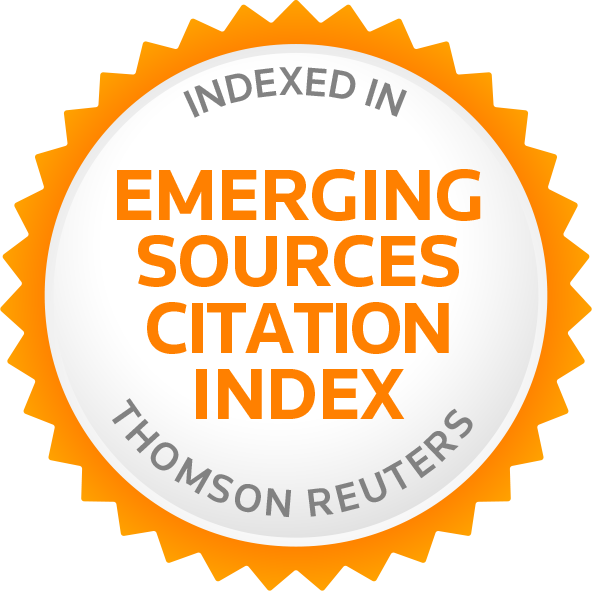Censorship, cinema and society
Keywords:
cinema, censorship, State, market, ChurchAbstract
Censorship is often associated with a purely negative act oriented to the control over the production and circulation of works through prohibitions or limitations. This paper proposes a theoretical debate of this concept to put that conception into discussion. The starting point is the assumption of the existence of limits to the expression in any field, and the discussion of the concept of field in relation to cinematography, to observe their peculiarities and to identify their main actors. Pierre Bourdieu’s definition of structural censorship suggest that this one occurs in the field of cinema itself and that can be deployed both from prohibition policies, as well as protection and promotion. Thus, the ultimate goal of censorship is not restrict speech but to promote ideas and actions in societyDownloads
Downloads
Published
How to Cite
Issue
Section
License
The acceptance of an original by the journal implies the non-exclusive transfer of the patrimonial rights of the authors in favor of the publisher, who allows the reuse, after its edition (postprint), under a Creative Commons License Attribution-NonCommercial-ShareAlike 4.0 International.
According to these terms, the material can be shared (copy and redistribute in any medium or format) and adapted (remix, transform and create another work from the material), provided that a) the authorship and the original source of their publication (magazine and URL of the work) are cited, b) is not used for commercial purposes and c) the same terms of the license are maintained.
The assignment of non-exclusive rights implies that after postprint in Oficios Terrestres authors may publish their work in any language, media and format; in that case, it is requested that they signal that the material was originally published by this journal.
Assignment also entails the authors’ authorization for the work to be collected by SEDICI, the institutional repository of the Universidad Nacional de La Plata, and for it to be indexed in the databases that the publisher thinks appropriate for enhancing the visibility of the published work and its authors.
In addition, the journal encourages authors to submit their works to other institutional and thematic repositories after their publication in Oficios Terrestres, under the assumption that offering society unrestricted access to scientific and academic production contributes to a greater exchange in global knowledge.







_(Custom)11.jpg)




.png)






















